Principles

The Halswell School Curriculum is underpinned by the following principles:
Learning for Life
The Halswell Curriculum promotes inquiry as a state of mind across all curriculum areas. It connects with children’s lives, interests and prior knowledge. It offers a broad curriculum that makes links across learning areas, explores significant future focused issues and values New Zealand’s cultural diversity and traditions. It enables children to become self-managers and emphasizes learning to learn.
Community Partnership
Halswell School is engaged in delivering the curriculum through continuous consultation, and with the support of the families and the wider community.
Excellence
The Halswell Curriculum encourages all children to achieve, to recognise success, to extend themselves in areas of strength and do their best in areas of need.
Treaty of Waitangi
The Halswell Curriculum acknowledges the principles of the Treaty of Waitangi and the bicultural foundations of New Zealand. Te reo Maori me ona tikanga and Maori culture is incorporated into all curriculum areas where appropriate.
Inclusion and Diversity
The Halswell Curriculum seeks opportunities and embraces diversity and multi-cultural contexts. The curriculum is non-sexist, non-racist and non-discriminatory.
Curriculum Content
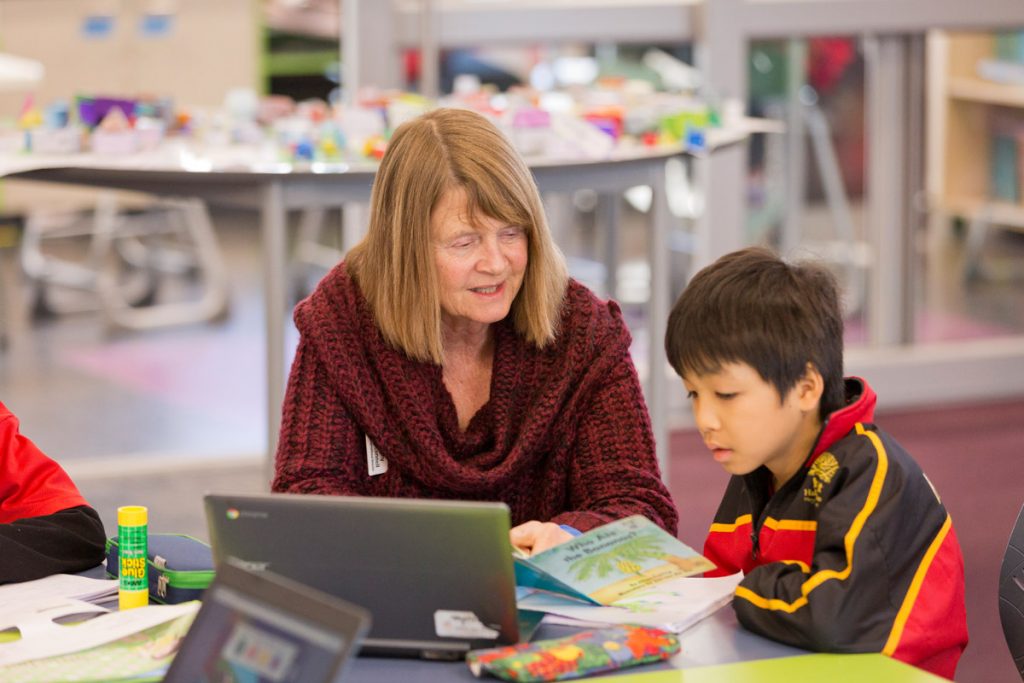
- The Core Curriculum – English and Mathematics
- The Contextual Curriculum – Science, Social Studies, The Arts, Physical Education, Technology, Health and Physical Education
- E- learning, Te Reo and an international perspective are infused throughout our programmes
We believe topics should be relevant and exciting to allow children to think and to develop knowledge. All topics are chosen for their interest and challenge for students and contain at least one ‘big idea’ which is significant in the process of understanding our world now and in the future. Integration occurs within topics wherever natural and relevant.
Collaborative Teaching and Learning
Our purpose built flexible spaces support collaborative teaching and learning. Our teaching spaces are designed for three teachers to plan and teach together. This approach has many benefits for students and teachers including:
- the ongoing informal professional learning opportunities for teachers as they observe and learn from each other;
- all students in a learning centre are able to benefit from teacher strengths in a particular subject;
- students are grouped across three (and sometimes six) teachers for core subjects so needs are able to be met better;
- students have more opportunities each day to develop collaborative, problem solving and self-management skills; and
- student learning is more personalised with students taking ownership of how, where and who they learn with.
Inclusiveness
Recognising New Zealand’s Cultural Diversity
Halswell Primary School, as appropriate to its community, has developed and will continue to develop, procedures and practices that reflect New Zealand’s cultural diversity and the unique position of Maori culture.
In recognizing the unique position of the Maori culture, Halswell Primary School takes all reasonable steps to provide instruction in Tikanga (Maori culture) and Te Reo Maori (Maori language). Maori Programmes are integrated across all core curriculum areas, along with cultural visits, consultation with the Maori community, and a school’s Kapa Haka Group. The Curriculum recognises the multi cultural nature of New Zealand society. We take the view that exposure to the culture and language of the Maori race can be enriching, rewarding and bring about understanding. We prefer to inject slices of culture naturally into subject areas across the curriculum in Social Studies, Maths, Physical Education, Reading and Science. Greetings and commands may be interspersed with the daily routine of school life but we do not have separate lessons in Maori Language. At Year 7 or 8, children will experience a two night/three day Marae visit to Taumutu (Lake Waihora/Ellesmere).
Junior and senior Kapa Haka groups receive weekly instruction. These popular and well attended groups are tutored by the head of Maori Studies from Hillmorton High.
Other Cultures
Halswell School may enroll students who do not have New Zealand citizenship. These students are required to pay fees as they do not generate staffing from Ministry of Education funding. The Ministry of Education requires compliance with The Code of Practice for the Pastoral Care of International Students. Halswell School is a signatory of the Code, and as such it will ensure that each student has a safe and supportive environment in which to learn.
We welcome recent immigrants and Full Fee-Paying International Students. We recognise that our children, the new New Zealanders and the international visitors gain significant benefits from the inter-cultural experience. New arrivals enhance the learning environment by providing domestic students with the opportunity to meet and share experiences with students of other cultures. This helps foster international understanding of the New Zealand way of life and cultures in a safe and supportive environment. The benefits to the school community include providing additional staff and programmes that are available to all.
We have a strong community-based support network, our Global Team, who meet regularly and endeavour to provide appropriate support for all.
Please read Te Kura O Te Tauawa – Abbreviated Cultural Narrative
Literacy and Numeracy
The teaching and learning of Literacy; learning to read, write, speak and listen, and Mathematics are central to all that we do at Halswell. Excellent skills and knowledge in these two learning areas remain crucial to a child being able to achieve at their highest level. Our programmes have proven successful over recent years.
We ensure all children identified with specific special learning needs, which may put them at risk of not learning, have access to an appropriate level of support.
Our teaching programmes include individualised and group learning,, cooperative learning, hands-on student-centred activities as well as the use of integrated programmes. Children are involved in establishing goals for the next steps of their learning journey. Learning tasks are developmentally appropriate and adapted to cater for personal needs.
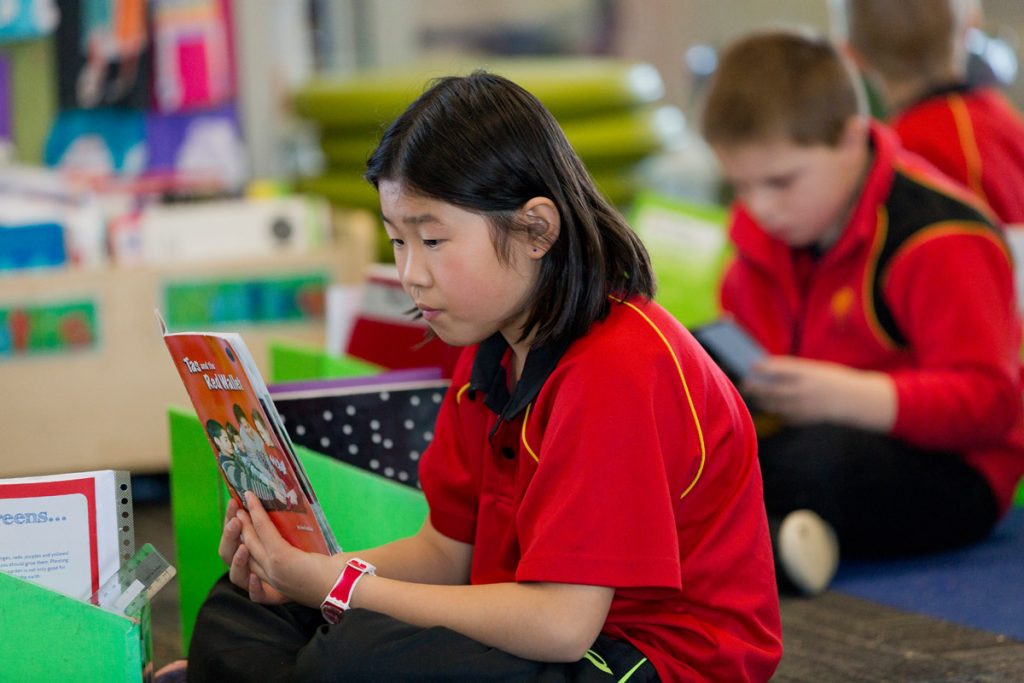
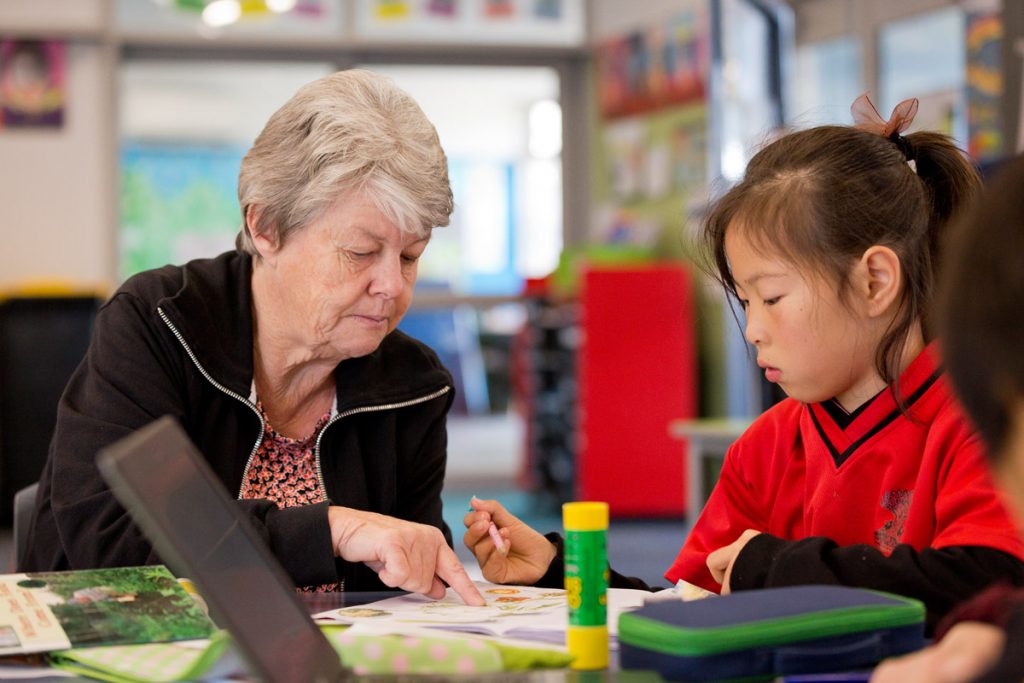
Inquiry Learning
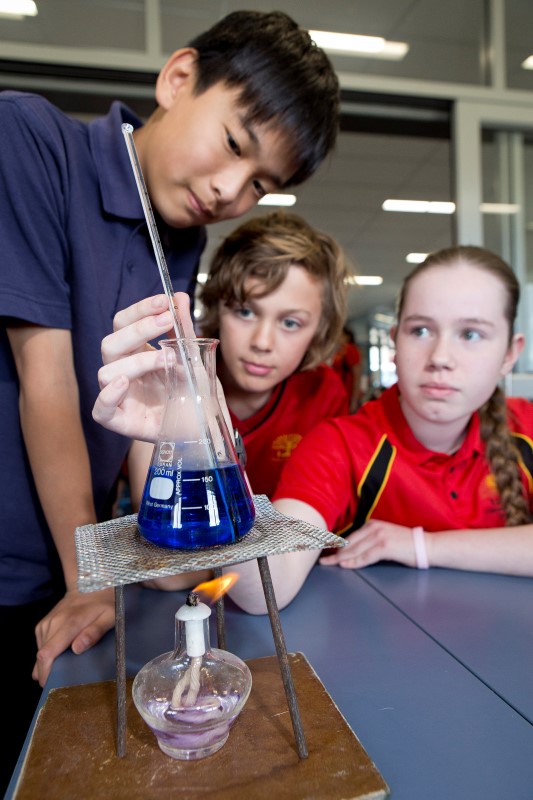
Our Inquiry framework comprises three stages:
- Activation – this stage activates the children’s prior knowledge and starts the children wondering and asking questions
- Discover More – teachers help children to discover the answers to their questions develop questioning, thinking and inquiring skills to help them develop knowledge
- Gather It – children reflect on their understanding of the Big idea, challenge attitudes and celebrate learning
The integration of learning experiences, addressing children’s own questions through an inquiry learning model and focusing upon real life issues relevant to the child, ensures all children have the opportunity to realise their potential and develop personally relevant understandings. Teachers carefully guide children in the development of skills and essential knowledge to ensure that they learn what questions need to be asked and how to seek out relevant information to answer these questions.
Sport
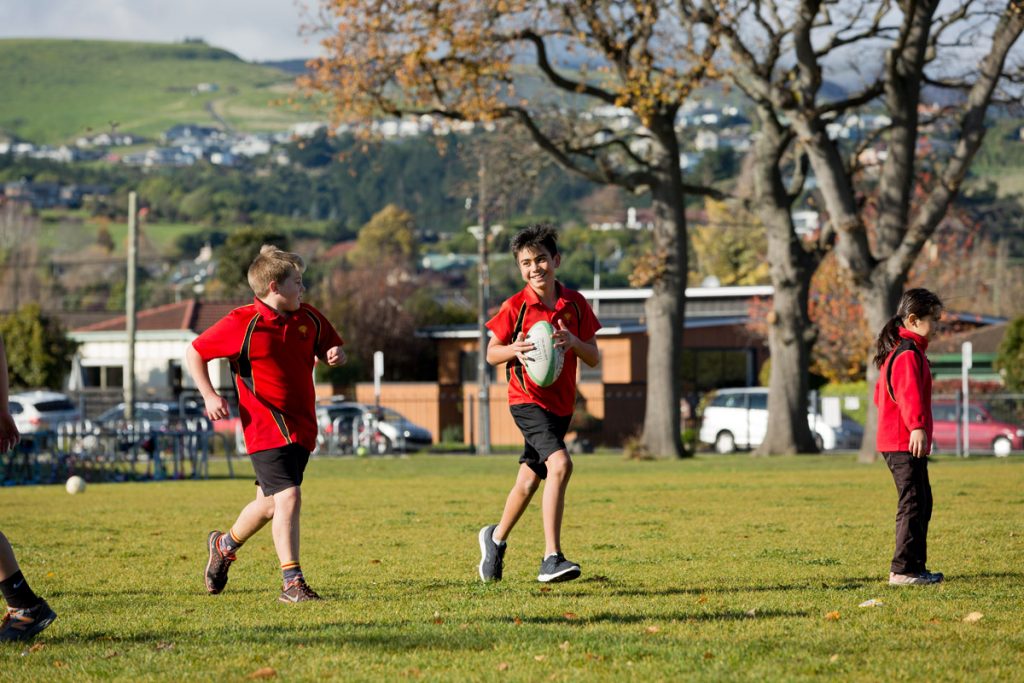
Opportunities are provided for students to participate in a wide range of sports. All students have the opportunity to participate in triathlon, swimming, cross country, and athletics. Selected Year 5 to 8 students compete in the Lincoln Zone Sports Events in a range of sports. If successful at this level they may be offered an opportunity to compete at Canterbury level. During Terms 2 and 3 children from Year 7 to 8 have the opportunity to represent the school in hockey, football, netball and rugby at a city wide competition held each Friday at Hagley Park. Further to this competition our senior children compete at the Koru Games which is South Island Year 7 and 8 tournament.
Sports development officers from a range of sports run skill workshop and skill based activities for children across all ages. This results in children accessing a range of sporting codes available in Christchurch.
Performing Arts
All children from Year 1 participate in a school-wide performing arts programme where specialist teachers take classes in music, dance and drama. The school produces a whole school production every second year, has annual music awards, and most terms we have a performance assembly. Various groups participate in a range of performances and competitions, such as Band Quest and the Christchurch Schools’ Music Festival. We have a variety of extra curricular music opportunities with junior choir (year 3-4), Senior Choir (yr 5-8) Vocal group (yr 5-8), Orchestra, Percussion Ensemble and Rock Band. We also have strong Jump Jam crews, Itinerant instrumental music lessons and Itinerant Hop Hop classes.
Technology Education for Year 7 and 8
An important and productive liaison has developed with Hillmorton High School which is used by our Year 7 and 8’s for specialist teaching which over the two years currently includes: dance, drama, art, science, computers, woodwork, metalwork, fabritech, and cooking. Our Year 7 and 8 pupils travel to Hillmorton High School for half a day each week. The Year 7s attend for the first half day and the Year 8s for the second half, but do not return to school until 3:40pm. The programme is a varied one with the range of subjects dependant upon Hillmorton’s own timetabling. The Ministry of Education gives a grant for each student taking technicraft subjects but this does not cover the full costs. Parents are therefore charged a “Technicraft Fee” to help cover the cost of the actual materials used. Halswell School acts as a collection agency for this fee.
